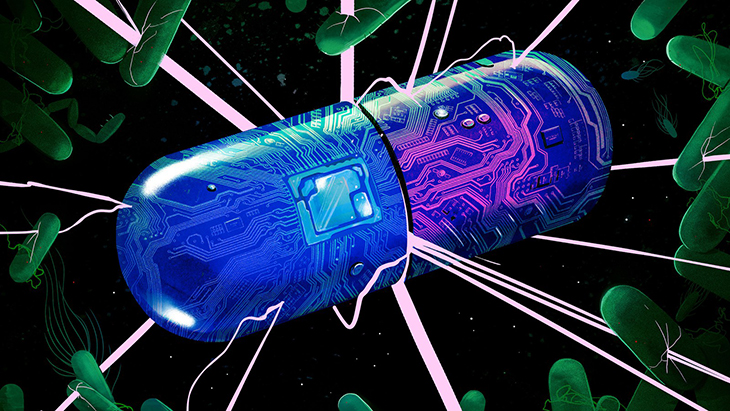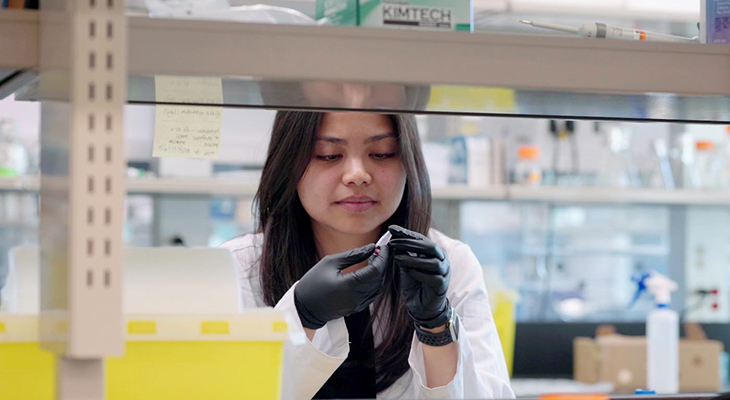
A supercomputer utilizing artificial intelligence has uncovered an antibiotic capable of treating one of the world’s most resilient drug-resistant superbugs.
The utilization of artificial intelligence has emerged as a powerful tool in the battle against antimicrobial resistance, a top ten global public health threat identified by the experts from World Health Organization.
Canadian and US scientists harnessed the power of “deep learning” to identify a specific antibiotic molecule that can effectively eliminate Acinetobacter baumannii, a highly dangerous bacteria known for its great resistance to antibiotics. A. baumannii poses a significant threat to vulnerable hospital patients, including premature infants and individuals with weakened immune systems.
This particular superbug is notorious for its ability to survive on various surfaces such as door handles, cupboards, and beds for extended periods of time. Infection caused by A. baumannii can lead to life-threatening conditions such as pneumonia, sepsis, and meningitis.
What sets this superbug apart is its exceptional capability to acquire DNA from other bacterial species in its environment, including genes responsible for antibiotic resistance. However, the AI algorithm successfully predicted a compound capable of overcoming this invincibility.
The newly discovered compound has been named abaucin by the researchers, who have demonstrated its efficacy through experiments on mice with infected wounds and bacterial cells cultivated in the laboratory.
The AI-driven process employed in this discovery could also expedite the identification of treatments for other potentially fatal diseases, including MRSA, as it can analyze an extensive database of hundreds of millions, possibly billions, of molecules with potential antibacterial properties.
Compared to conventional molecule screening techniques, which are time-consuming, costly, and limited in scope, the AI-powered approach offers a promising avenue for more efficient and comprehensive drug discovery.

“Using AI, we can rapidly explore vast regions of chemical space, significantly increasing the chances of discovering fundamentally new antibacterial molecules,” said lead author Dr. Jonathan Stokes. He’s from McMaster University, Ontario.
Co-author Professor James Collins from Massachusetts Institute of Technology (MIT) was also in agreement and said, “We know algorithmic models work. Now it is a matter of widely adopting these methods to discover new antibiotics more efficiently and less expensively.”
A recent publication in the journal Nature Chemical Biology highlights the remarkable potential of abaucin, a newly discovered compound. Unlike most antibiotics, abaucin specifically targets A. baumannii, a significant discovery that reduces the risk of rapid drug resistance development by the pathogen.
Typically, antibiotics have a broad spectrum, capable of killing various types of bacteria. However, this broad action also disrupts the gut microbiome, creating opportunities for severe infections such as C. difficile.
“We know broad-spectrum antibiotics are suboptimal and that pathogens have the ability to evolve and adjust to every trick we throw at them,” Stokes also added when he explained. “AI methods afford us the opportunity to vastly increase the rate at which we discover new antibiotics, and we can do it at a reduced cost.”



